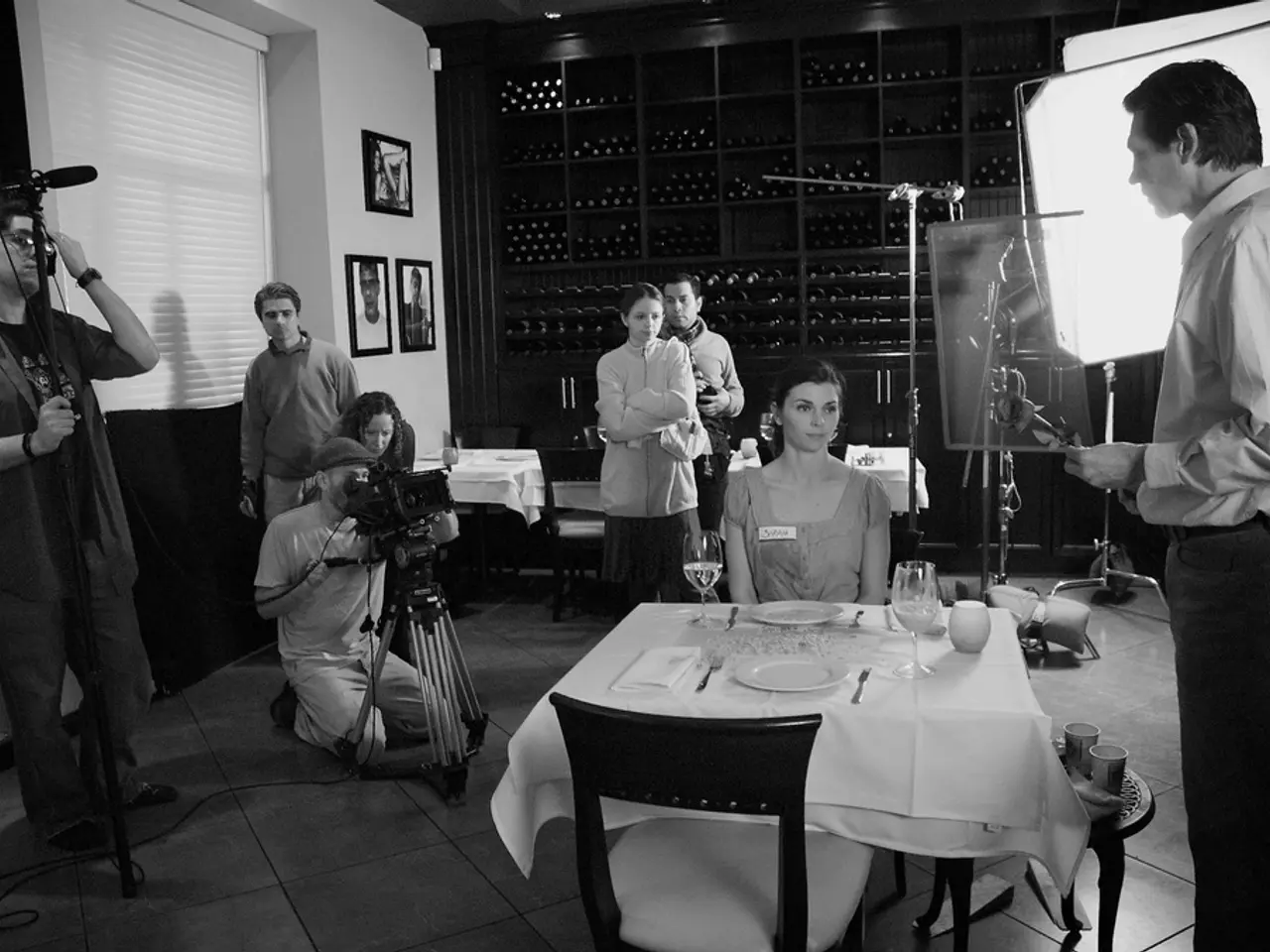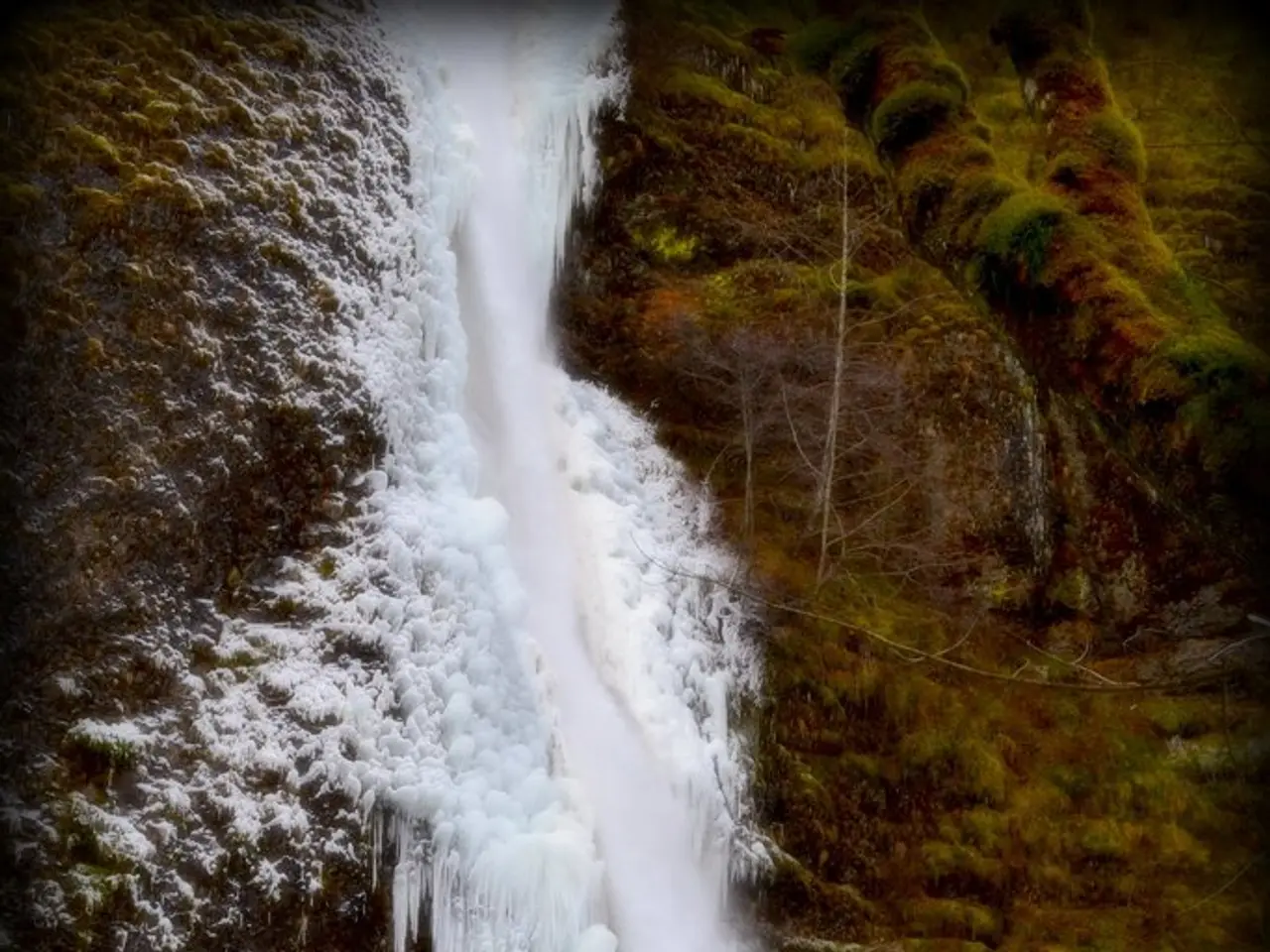Movie Report: Unveiling New Cinematic Findings and Critique
Embark on a captivating cinematic journey as we guide you through the realms of Slow Cinema, Wuxia, and New Sincerity. These unique styles and genres, each with their own distinct character, offer a rich tapestry of storytelling that will engage, challenge, and inspire you.
Starting your cinematic journey with the directors Michael Haneke, Jacques Demy, Jan Svankmajer, and Béla Tarr, you'll discover a world where stillness, long takes, and atmospheric storytelling reign supreme.
Michael Haneke, an Austrian filmmaker born in Munich in 1942, is known for his challenging works that explore the darker aspects of society. His film "The Piano Teacher" (2001) is a powerful exploration of complex human relationships and psychological dynamics, showcasing Haneke's signature style of intense, emotional storytelling. Other notable films by Haneke include "Caché" (2005) and "Amour" (2012).
Jacques Demy, a French filmmaker who appeared during the French New Wave, is celebrated for his visual style, which draws upon diverse sources such as classic Hollywood musicals and more. "The Umbrellas of Cherbourg" (1964), a classic romantic musical, serves as an excellent starting point for those new to Demy's work. Other notable films include "The Young Girls of Rochefort" (1967) and "Donkey Skin" (1970).
Jan Svankmajer, a Czech filmmaker known for his surreal animations using various techniques like claymation, puppetry, and paper cutouts, offers a unique blend of fantasy and reality. "Alice" (1988), a surreal adaptation of Lewis Carroll's "Alice's Adventures in Wonderland", is a recommended starting point. Other notable films by Svankmajer include "Food" (1992) and "Conspirators of Pleasure" (1996).
Béla Tarr, one of the most respected Hungarian directors, is a pivotal figure in the "slow cinema" genre. His critically acclaimed, slow-paced drama "Satantango" (1994) encapsulates Tarr's exploration of human condition and existential themes. Other notable films by Tarr include "Turin Horse" (2011) and "Werckmeister Harmonies" (2000).
As you explore these directors, you'll also encounter the genres Wuxia and New Sincerity. Wuxia, a popular genre of Chinese literature and film, blends martial and chivalrous hero elements. "Crouching Tiger, Hidden Dragon" (2000) by Ang Lee is a beautifully filmed martial arts epic that serves as a great starting point. Other notable Wuxia films include "Hero" (2002) and "The House of Flying Daggers" (2004).
New Sincerity in film rose as a contrast to irony and cynicism, embracing vulnerability, authenticity, and genuine human connection. Look for films with these themes, such as "The Big Sick" (2017) or "Eternal Sunshine of the Spotless Mind" (2004), which often blend sincerity with emotional depth.
To fully appreciate these films, patience and an understanding of their context are key. Familiarize yourself with the cultural and historical contexts that influenced these directors and genres. Some films, especially those by Haneke, can be emotionally challenging, so emotional preparedness is also important.
Postcolonial film theory, rooted in postcolonial studies and critical theory, examines how colonialism and its legacies are represented in cinema. This theory can provide valuable insights into the works of these directors and genres.
Enjoy your journey into the world of these directors and genres, and let the magic of art-house cinema captivate your senses and stir your soul.
- Delving deeper into the history of cinema, film theory can be a valuable guide to understanding the unique style and themes present in the works of slow cinema directors, such as Michael Haneke, Béla Tarr, and others.
- The exploration of experimental film styles wouldn't be complete without acknowledging the surreal, fantasy-infused works of Jan Svankmajer, which contribute a significant piece to the tapestry of at-home entertainment and Movies-and-TV.
- As your lifestyle evolves and preferences change, don't overlook the charm of films like "The Big Sick" and "Eternal Sunshine of the Spotless Mind," which showcase the enduring power of New Sincerity in maintaining an authentic and heartfelt connection with audiences, even beyond the cinematic world sparking your initial interest.




